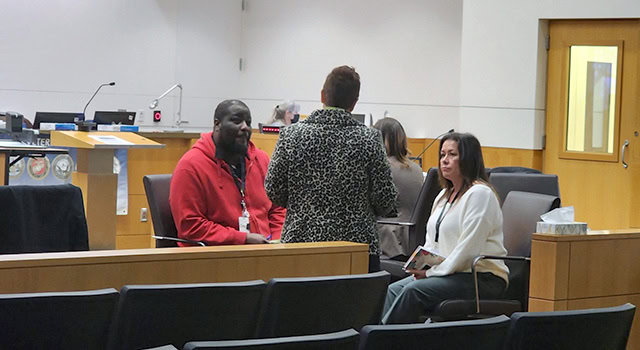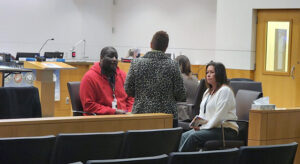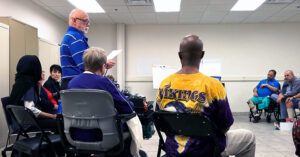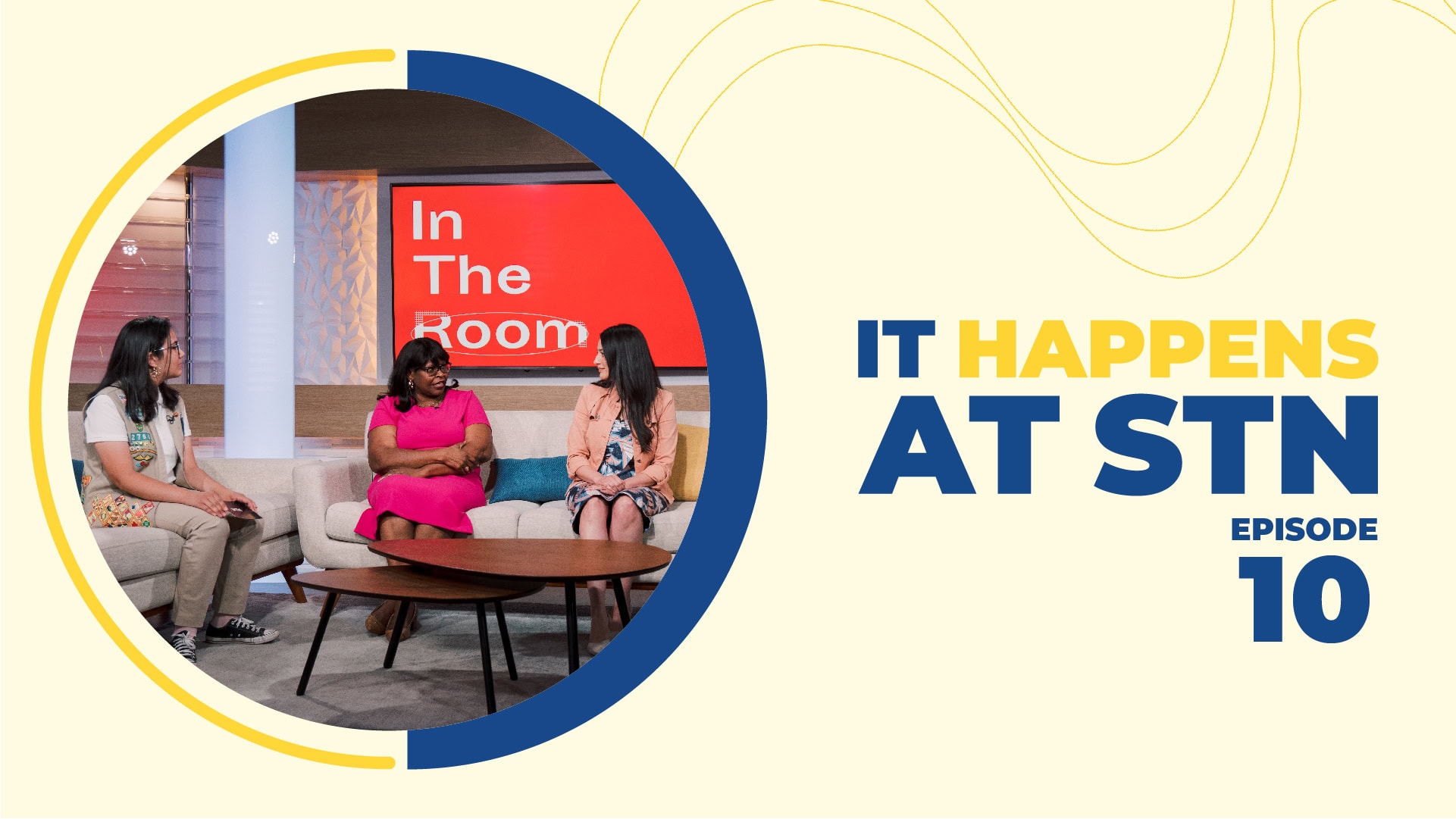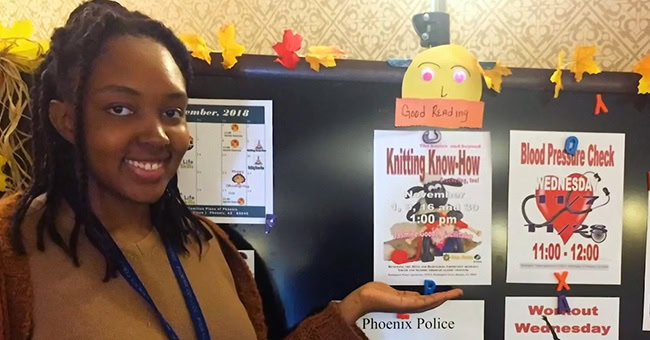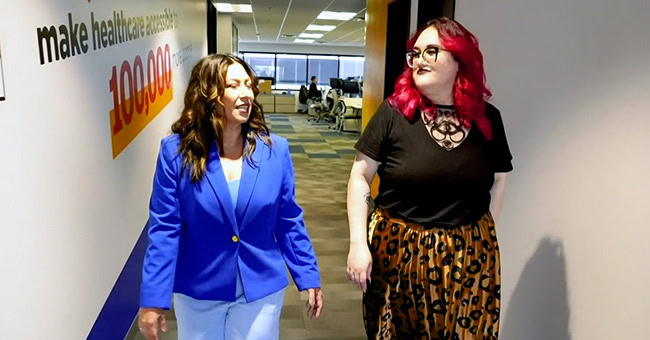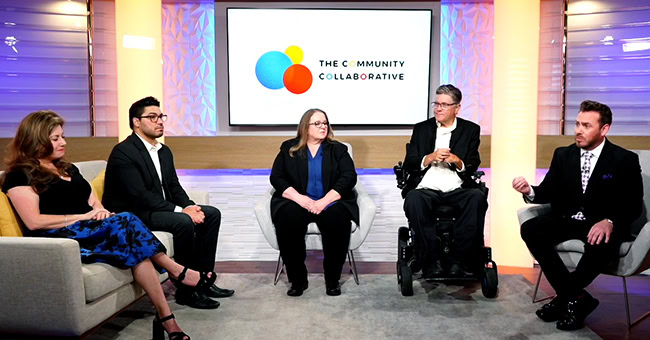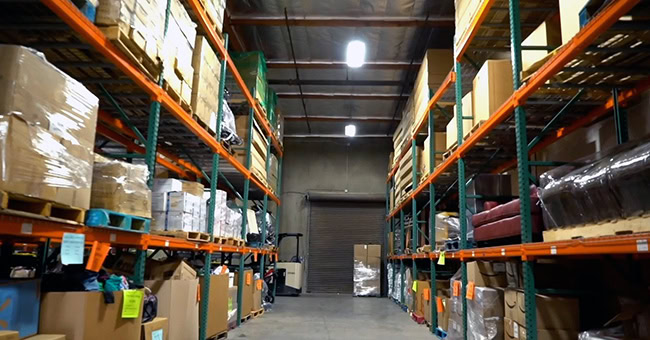PHOENIX, Ariz. (STN) – Accessing quality medical care has been a problem for underserved communities across America. In Arizona, Mercy Care is working to change that. As a Medicaid plan serving individuals and families, they focus their efforts on the underserved communities around the state regardless of their age, race, sexual orientation, or employment status.
Within Mercy Care’s network, a group of nonprofit partners working collaboratively with Mercy Care called ‘Peer-Run Organizations’ provides forensic peer support to Mercy Care clients. One of the support groups they offer helps individuals who are coping with mental health illnesses and also have open cases within the Maricopa County Court System that need to be resolved.
Forensic peer support specialists educate and guide clients through the behavioral health system. They especially understand the client’s needs because of their own lived experience.
Paula Krasselt talks about Mercy Care’s forensic peer support group
.“They act as mentors, walking side by side with that person to help guide them,” said Paula Krasselt, Justice Service Administrator, for Mercy Care. “It is important to have an awareness that there is a path forward for people if they are struggling with different challenges in their life and need an extra hand.”
But, according to Krasselt, Mercy Care needs more support for peer-run organizations that provide forensic peer support for Mercy Care’s members. She said they need more people willing to share their experiences to help those in need, particularly when navigating the complexities of the legal system.
Visit Mercy Care’s website for more about its healthcare options and support groups.


